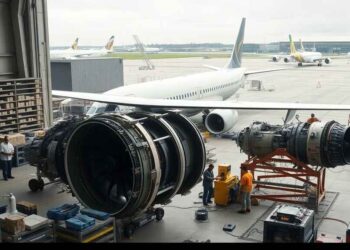The EU-funded Clean Hydrogen in European Cities (CHIC) zero-emission bus project has shown savings of more than one million gallons of diesel fuel, indicating that fuel cell bus technology can be deployed for use in urban areas to tackle carbonisation issues.
This has been revealed as the 2015 United Nations Climate Change Conference, COP21, is being held in Paris, France.
Transport contributes one fourth of all the carbon emissions in Europe. Urban mobility accounts 40% of all the carbon dioxide emissions of road transport. Transport solutions such as fuel cell electric buses can play a crucial role in reducing carbon emissions.
“The project has proven that fuel cell buses are far from being a research project and are nearly ready for commercialisation.”
In place of regular internal combustion engines (ICEs), fuel cell buses make use of electric motors for propulsion. These fuel cell units transform hydrogen fuel into electricity in order to power the motor.
The process only emits water vapour as a by-product, reported Traffictechnology.com.
Initiated in 2010, the project will continue until next December, reported the publication.
Within the project, 56 fuel cell electric buses are currently operational in daily service.
The fuel cell buses have been able to save more than 6,000t of greenhouse gases, amounting to annual fuel consumption of 91 diesel buses.
While other bus trials are underway, a major European programme to deploy hundreds of these buses by 2020 is also in progress. The next set of roll-out is expected to lower bus costs and ensure that the technology is commercially viable for the elimination of carbon emissions from road transport.
The programme is a joint initiative by Europe’s Fuel Cell and Hydrogen funding body FCH JU, bus operators, public authorities and industry players from the bus and fuel supply industry.
CHIC project coordinator and Daimler Buses – EvoBus official Kerstin K Müller said: “The project has proven that fuel cell buses are far from being a research project and are nearly ready for commercialisation.”
London deputy mayor for environment and energy Matthew Pencharz said: “In London, we’ve prioritised transforming our buses into one of the cleanest and greenest fleets in the world. The hydrogen RV1 buses are proving hugely popular with commuters and drivers alike and are crucial as part of our wider work to reduce emissions and improve air quality across the capital.”































